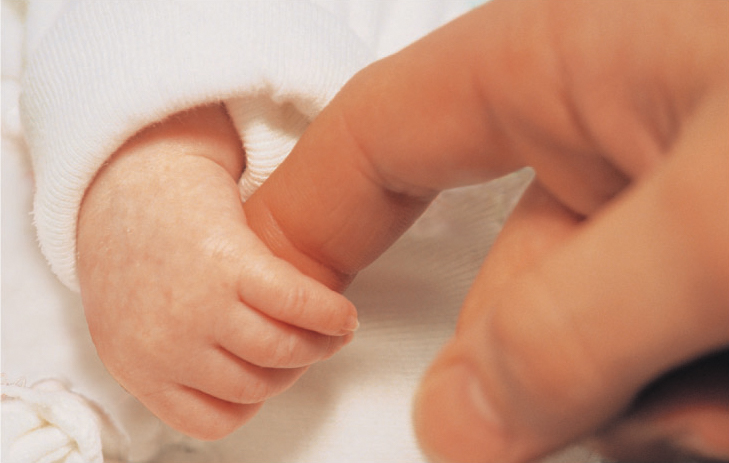
Infant journal is the leading UK publication for the multidisciplinary team that cares for vulnerable sick or premature babies in their first year of life. Published bi-monthly, the journal contains authoritative articles with a clinical or practical bias written by experts in their field.
Abstracts of all articles are freely accessible by using the site search, or by browsing back issues. The full text of articles published from 2005 until November 2023 are available free of charge.
Current issue: December/January 2025/26
Alison Green, Catriona Ogilvy, Camilla Gilmore, Samantha Johnson
Dr Su Wei Ng, Dr Prakash Kannan Loganathan
Alanna Thompson (née Wagher), Nicoll Bell
Erin Frankel, Sydnie Harris-Campbell, Dr Nicola Mullins, Dr Liz McKechnie, Dr Ourania Pappa
Open access:
From the November 2023 edition
FREE Patent ductus arteriosus: are we treating the right ones?
Daniel Hickman, Anupam Gupta, Arin Mukherjee
Variability in the diagnosis of haemodynamically significant patent ductus arteriosus (hsPDA) can result in treating inconsequential PDAs and causes difficulty in interpreting clinical outcomes from the available literature. This study evaluates the echocardiogram parameters used to ascertain hsPDA in very low birth weight infants in a tertiary care centre in the UK. Extremely premature infants that received pharmacological or surgical treatment for a PDA were evaluated for basic characteristics, diagnostic echocardiograms, closure rates and eventual outcomes of persistent duct on follow-up.
FREE Bacterial colonisation in a neonatal intensive care unit
Carolina Oliveira Gonçalves, Catarina Garcia, Elzara Aliyeva, Marta Ferreira, Rosalina Barroso
FREE The anatomy of compassion part 2: nurturing compassionate cultures of maternity and neonatal care
Davy Evans, Ruth Butterworth, Ellie Atkins, Karen Barr, Rebecca Chilvers, Samantha Cole, Jacinta Cordwell, Anita D’Urso, Siobhan Higgins, Angela Marsh
FREE Achieving oxygen saturation targets in preterm infants at birth: does using an SpO2 target range help?
Prakash Kannan Loganathan, Amelia Bearn, Vrinda Nair, Difu Shi, Carlton Baugh
Free monthly news by email
Simply add your email address to our list.
Supplements and Advances in Practice
Here, freely available for download, are the sponsored supplements and Advances in Practice guides published by Infant.
If you are interested in sponsoring a future topic, please consult our advertising pages.

Supplier Guide
Our supplier guide provides a searchable database of companies involved in supporting the care of sick and premature infants, grouped by product or service category. You can search by an area of activity, company name or by a combination of these.
In the latest news...

Royal Cornwall Hospitals NHS Trust supports groundbreaking genomic screening for newborns









